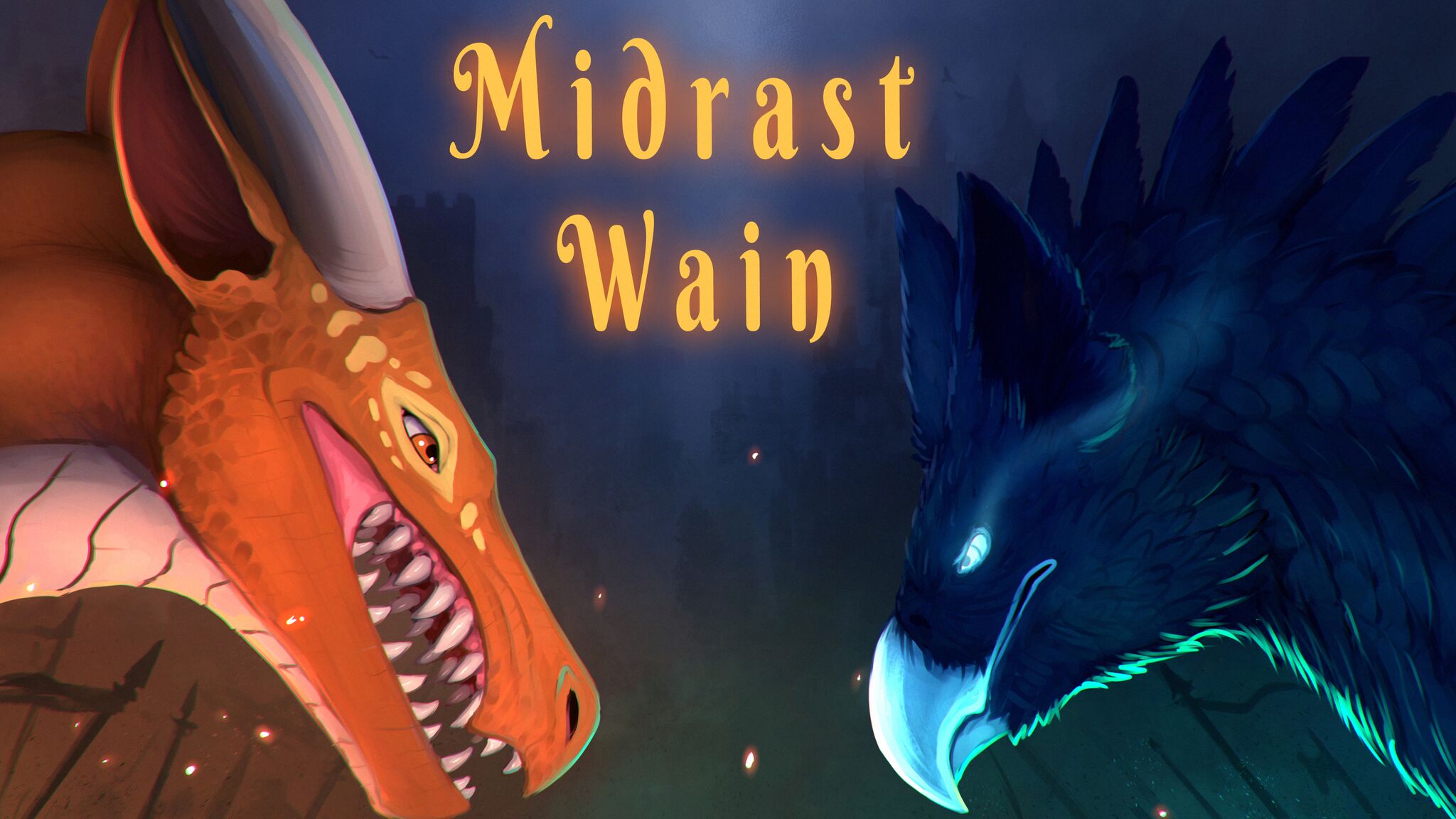Currency and Hoarding Instinct
How does trade work? Tazzar knows. You trade blows until they fall. Tazzar then take their stuff.The primary way of all trade within Midrast Wain is performed via gems. All Midrastians are naturally indisposed to recognize the monetary value of each gem or rare material upon seeing it. This Hoarding instinct is the basis for how individuals can recognize the value of "1" gem as opposed to "10" - and it doesn't matter if they are holding onto a single ruby that is valued at 3 gems, or twelve malachites that are valued as 4 gems. This hoarding instinct is somehow understood by every Midrastian regardless of where they live.
Wage
Dragons and gryphons living in tribes and settlements are paid for their services daily or weekly. On average, the services of a Servant are paid at around 1-2 gems per day. Hunters and Greencarers, the ones that provide food but their profession tends to involve some amount of danger is valued at 3 gems daily. The other, more rare and physically or professionally more demanding professions are paid more. This is important to note as contextually, each individual pay 1 gem per day for their Dusk feasting food. This is the bare minimum one needs to survive but it is no comfortable life - especially when one considers the need for furs to sleep on, bowls to store food in, chests to store personal belongings, additional costs for more expensive foods and brews or the occasional need for taking a day off without working. These expenses may add up and force individuals to take up additional workload or more dangerous but high-paying jobs.Trade
Aside from exchanging gems for goods and services, a simple trade between two individuals is also very common, especially in less populated areas and amongst Wild dragons who generally just make all their things themselves, steal them or trade them amongst one another. Purveyors deserve a special mention as these merchants travel from tribe to tribe or to the outskirts of their home territories to ferry goods and sell them for profit. Some of these Purveyors also craft their own goods to sell, and even fewer are specializing in Artificing, an ancient technique that can infuse an item with the Dream of a dead ancestor or relative, giving it supernatural properties.Regulations
Each tribe with its own leadership can have its own regulations on what can be sold and who can sell those things. Generally, bigger settlements and tribes almost always require a permit and prior inspection from Purveyors who want to trade before they are allowed to set up their shop. Failure to comply or discovery of unlawful possession of contraband (such as poisons, drugs) can be a subject to confiscation of all their possessions and exile.Shopping
Smaller tribes do not get to see a Purveyor very often, and so a visit from one can be a subject of great celebration. It is customary that each tribe designates a location for commerce to take place, given that both Dragons and Gryphons are fairly territorial and none like it very much when a foreigner visits them in their homes, regardless of purpose.Nobles and inheritance
To achieve the status of a noble, one has to be a descendant from a very rich family or come across great fortune themselves. In rare cases, the status is also given for heroism and valiant services to their kin - but the problem is that only other nobles can name someone else and this too requires great expenses on their part - something that very rarely happens as this creates a potential rival. Wealth is inherited from father to sons - Mud dragons, from Mother to daughters - Air dragons and split equally amongst all offspring - Fire dragons and Gryphons. Water dragons and Jungle dragons do not particularly care for who their offspring are, so they choose who will inherit their wealth - if anyone. For all aforementioned cases, if there is no one in family left alive to inherit, the Tribe leader, Matriarch or Queen inherits, unless there is a will that states otherwise.Remove these ads. Join the Worldbuilders Guild









Comments